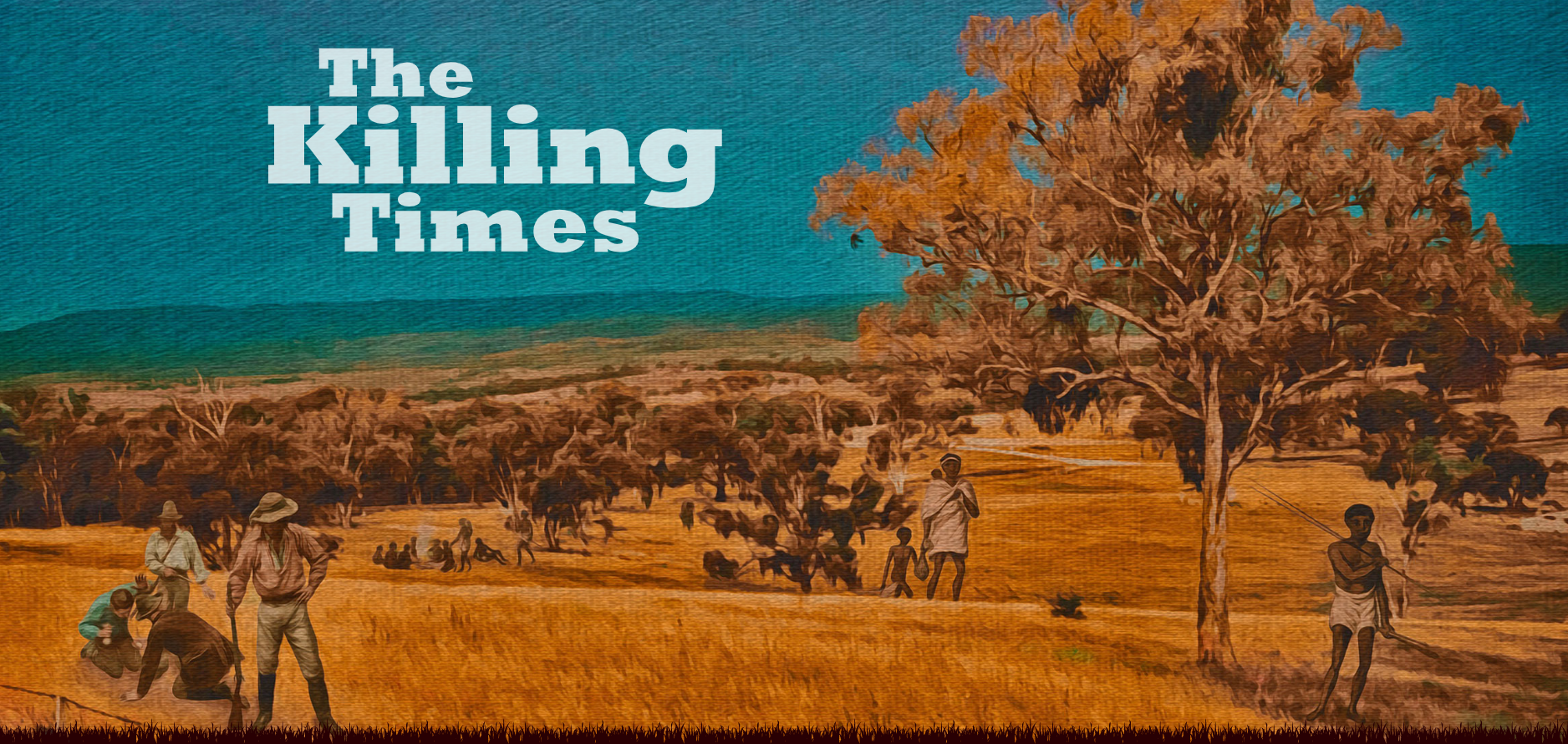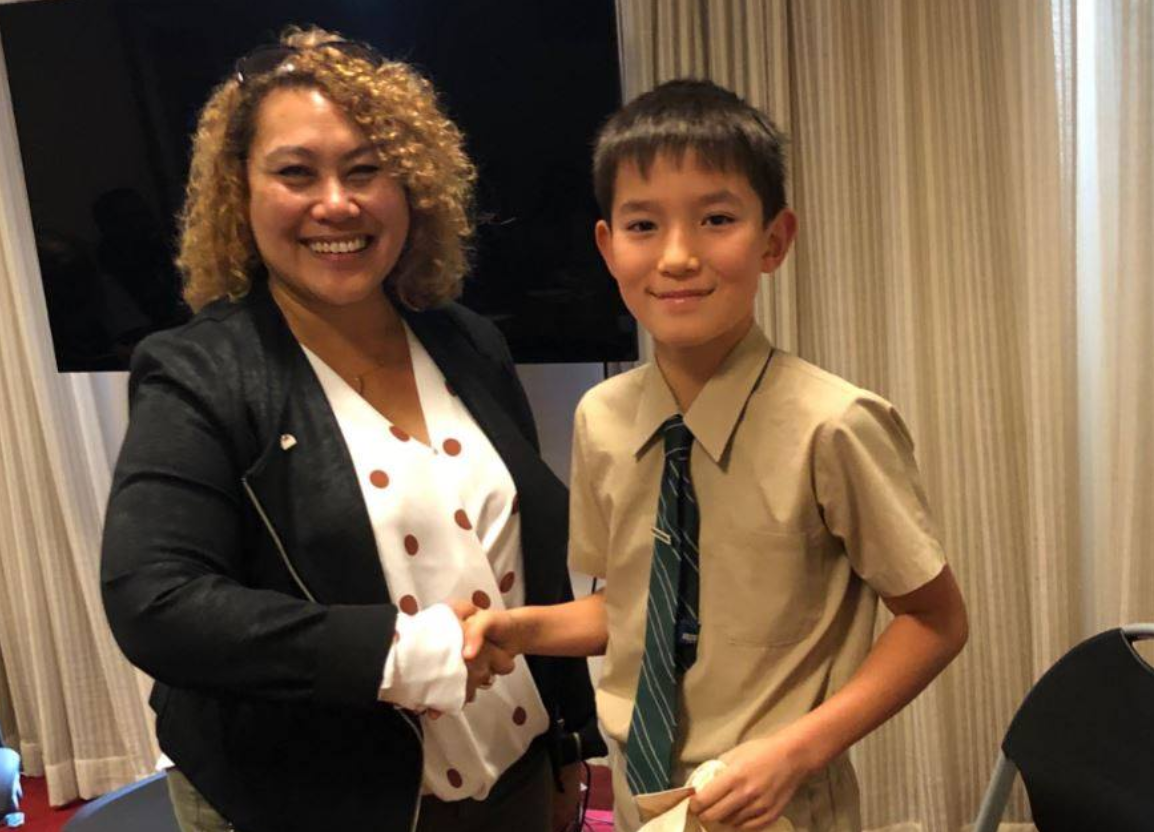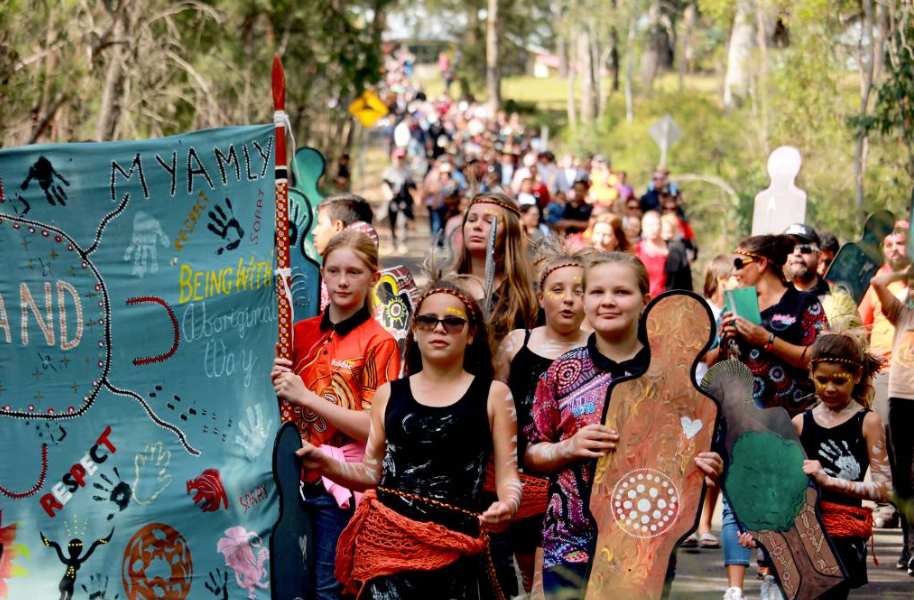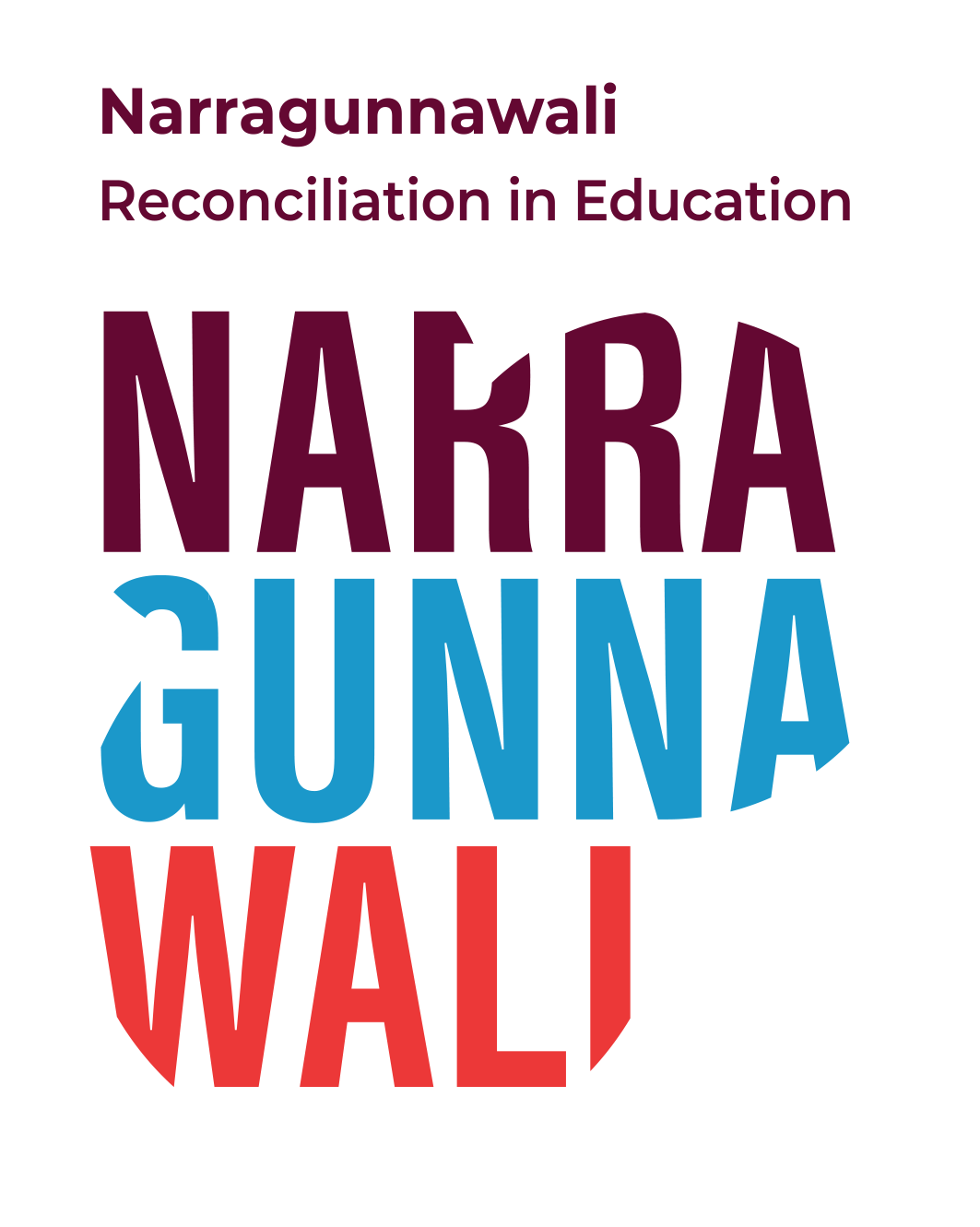Reconciliation in the Media – Grounded in Truth
Sharing some of Australia’s historical truths from a personal narrative, and listening to those truths, potentially for the first time, is equally as confronting and more often than not uncomfortable. Too much has been left out of text books and out of conversations. Below are a series of articles that explore the concept of truth-telling in different parts of the country.

‘The colonisation of Australia is at the heart of calls for a national truth-telling process’
Earlier this year, The Guardian released a series and an interactive map titled ‘The Killing Times’ that shows various sites where mass killings in colonised Australia between 1788-1928. The map enables you to search and click deeper into reports of such incidents. Accompanying the map is a series of feature articles and opinion pieces that explore some of these histories as well as the question “are we ready for truth telling?”
‘The stories of “the killing times” are the ones we have heard in secret, or told in hushed tones. They are not the stories that appear in our history books yet they refuse to go away.’ – ‘The Killing Times: the massacres of Aboriginal people Australia must confront’, Lorena Allam and Nick Evershed, The Guardian 4 March 2019.
While this part of our history since colonisation is confronting, it is important to recognise that these are everyone’s history regardless. Whether you have been part of this country for five minutes or for generations upon generations, as soon as you are on Australian soil, you are on Aboriginal or Torres Strait Islander land, and our history – the 120,000+ years of culture, knowledge and existence, as well as that from colonisation, is your history too.
This year’s National Reconciliation Week (NRW) theme asks everyone to ‘Walk together with Courage’. In the action of truth-telling, or in listening to other’s truths being told.
Discussion Questions:
- Do you think it’s important for something like The Killing Times be shared in schools and early learning services? How do you ensure that such conversations take place in a safe learning environment? Consider the ten principles outlined in a report from a Truth Telling Symposium facilitated by Reconciliation Australia and the Healing Foundation (see page 23).
- How does this article and resource demonstrate strength and resilience of Aboriginal and Torres Strait Islander peoples?
- Why do you think it is important to learn history and truths from multiple perspectives?
- How might taking part in this type of truth telling process assist in the healing process between Aboriginal and Torres Strait Islander peoples and wider Australia?
- While it is important to think of the national conversations, it is equally important to understand what has occurred in your local area. Using the map, and other resources, conduct some research into what occurred in your local area. Are there positive moments in history as well as challenging historical truths?
Please note: The Guardian’s interactive map includes reference to sites where violence occurred on the Australian frontier. This site does not contain images of people who have died. However, the historical records reproduced here use archaic terms that are offensive, and the themes and content within will be distressing to many people.

Student-led truth-telling

Reconciliation Australia's Chief Executive Officer Karen Mundine with Daniel, year 6 student from Trinity College
The importance of truth-telling and building respectful relationships lies in the vulnerability and integrity in which one delves into the prospect. Daniel, a year 6 student from Trinity Grammar came across the aforementioned series of articles ‘The Killing Times’ when reading through The Guardian. When learning these often hidden pieces of our shared history, Daniel was moved to use this in his school’s public speaking competition themed ‘Did you know?’.
Daniel is a non-Indigenous student who was confronted not only by what he learned, but how much he didn’t know prior to his exposure of some of the Aboriginal massacres that occurred around the country.
Daniel’s teacher got in touch with Reconciliation Australia during a school trip to Canberra where Reconciliation Australia’s head office resides, Daniel was presented with the opportunity to deliver his speech to the entire organisation at an all-staff meeting.
Daniel demonstrated understanding and empathy as he spoke about misconceptions in Australian history, and the relatively unknown history of genocide of Aboriginal and Torres Strait Islander peoples. Chief Executive Officer Karen Mundine said “Daniel was invited to close the meeting by reciting his speech which he did with great passion, bringing many of our staff to tears…It is very heartening to see young people like Daniel taking up the cause of reconciliation.”
Daniel was then presented with a badge, recognising him as a champion of reconciliation and some resources about the Narragunnawali program so he can continue to work toward reconciliation by creating a Reconciliation Action Plan when he returns to school.
Discussion Questions:
- How does Daniel’s story demonstrate the strength of shared voices?
- What are some other ways that staff and students can appropriately and safely engage in truth-telling?
- How does Daniel’s speech relate to the NRW theme Grounded in Truth: Walk together with Courage?

Remembering hidden truths on a local level: The Appin Massacre Memoiral

‘The large crowd, including many young faces, parading down to the site of the memorial service alongside Cataract Dam’. Photograph by Jeff McGill.
On 14 April, hundreds of Indigenous and non-Indigenous people gathered at Cataract Dam, about 1.5 hours south of Sydney for a memorial service to pay their respects to the victims of the Appin Massacre. Organised by Winga Myamly Reconciliation Group, the Aboriginal community and supported by the local councils, each year the service marks and remembers the killing of Dharawal men, women and children 203 years ago, an act sanctioned by NSW Governor Lachlan Macquarie in 1816 to “inflict terrible and exemplary punishments” upon people living on the outskirts of Sydney.
Discussion Questions:
- How might learning more about your local Aboriginal and Torres Strait Islander community and histories help build positive relationships?
- Why do you think it’s important to have these discussions?
- How might researching local areas and sites help your understanding of the strength and resilience of Aboriginal and Torres Strait Islander peoples?
- How does this resource complement The Guardian’s ‘The Killing Times’ resource?
-
18 Apr 2024Narragunnawali News and Updates
-
18 Apr 2024Teacher Feature – Sherri Bryers, Tasmania
-
18 Apr 2024Civil Discourse: Post-Referendum for schools

